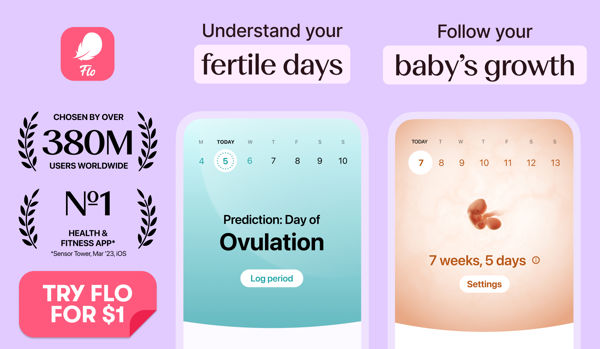Pelvic pain can be something that a large population of pregnant individuals experience during their pregnancies. One in five pregnant individuals experience pelvic pain in their pregnancy to some degree or another. Typically, individuals do not feel this pain until closer to the end of their pregnancy, but in some cases, pelvic pain can be chronic and can start from the very beginning.
Who Is At Risk?
Pelvic pain can be very random in how it affects you, but some things can make it so that you are more likely to experience pelvic pain. Some of these things include a history of lower back pain and lower girdle pain, previous pelvic injury, multiple pregnancies, pelvic pain in an earlier pregnancy, a physically demanding job, and being overweight.
What Causes Pelvic Pain?
For the most part, we do not know what exactly causes the pelvic pain. Still, we think that part of the discomfort comes from the high amounts of the hormone relaxin flowing through the body, increased pressure on joints as the weight increases in pregnancy, and uneven joint movement from the shifts the body takes on as the pregnancy grows. Walking and standing for long periods can trigger this pelvic pain to come on, and so it can sometimes simply be a way the body is telling you to slow down.
When to Call Your Healthcare Provider
The good news is that, though painful, pelvic pain is an entirely safe and everyday experience. There are times wherein-which to contact your care provider when experiencing pelvic pain. These include if there is any bleeding, nausea, vomiting, or painful urination. In these scenarios, pelvic pain may be a symptom of something more complex, and attention from a care provider is crucial. It is never a bad idea to contact your care provider and see if they have any tips or tricks for supporting you through pelvic pain. This also lets them know if they think it is something you should be seen for.
What Can You Do?
There are some cases wherein pelvic pain can be helped and supported during pregnancy, and other times, nothing that is done offers any relief. Suggestions include avoiding activities that increase pain for most, including bending down to pick things up, specific workouts, and quick movements. Staying active can be helpful for pelvic pain, so it is crucial that if you take out the activities that cause pain, you try to add in others that are more supportive. Taking everything slowly is another excellent suggestion: slow to get up from the couch or out of bed, bend down and pick things up, and take it slow. Keeping your legs together is another beneficial tip. It sounds funny, but this is one of the things that I have seen make the most impact on individuals experiencing pelvic pain. When you are getting out of bed, keep your legs together, take the stairs sideways to keep your legs together, do not sit cross-legged, etc. You might notice a huge difference with this little shift.
Wearing supportive shoes can also be helpful as the added weight with the relaxin from pregnancy can cause support issues in your feet, thus leading to pain in other areas of your body. You can also try sleeping with more pillows or a pregnancy pillow for support, sitting while doing tasks like getting dressed or undressed, keeping equal weight on both feet when standing, wearing a belly support band on busy days, avoiding heavy lifting, and resting when possible. I also typically recommend that individuals experiencing pelvic pain get seen by a chiropractor as well as a massage therapist to see if any body manipulations can be done to ease some of the discomfort and pain. Another recommendation I give almost all of my clients during pregnancy is to make it regular to take baths high in Epsom salts. Adding this to your daily regimen or at least a few times weekly can relieve the pain. It might also be a good idea to add a magnesium supplement. Talk to your care provider to see if this might be a helpful supplement to add to your routine.
Will I Have A Normal Birth?
For some, the pain in the pelvis can make it feel worrisome to have to give birth. Still, the good news is that most individuals who experience pelvic pain in pregnancy can go on to have a normal vaginal birth with no complications or added discomfort. Some suggestions for dealing with labor and pelvic pain are to find positions that do not cause pain during pregnancy and prepare to use these positions when birthing, birthing in water or laboring in water and finding a provider who will support that, and making a birth plan that includes your history of pelvic pain in pregnancy, so that providers can better find ways to help and support you.
If you are experiencing pelvic pain during your pregnancy, I am so sorry. It is one of the most uncomfortable and straight-up painful experiences that someone can have during pregnancy. I hope some of these tips and tricks might help as you go through your pregnancy and birthing time. Remember to take things slow and allow for rest; sometimes, the symptoms we experience in pregnancy are our body's only way of communicating what it needs.







